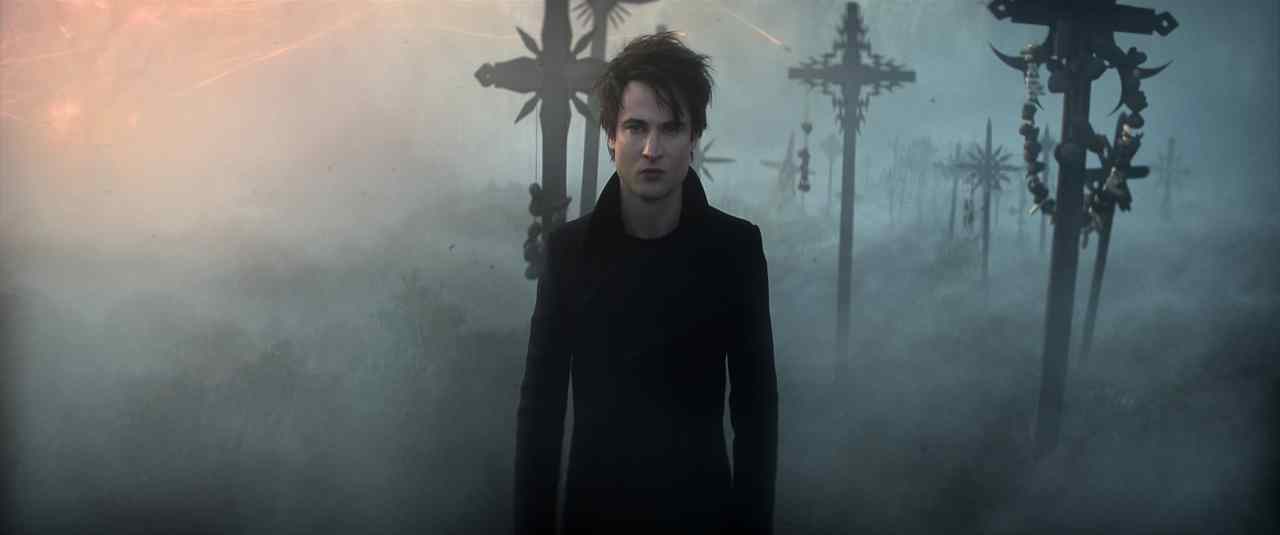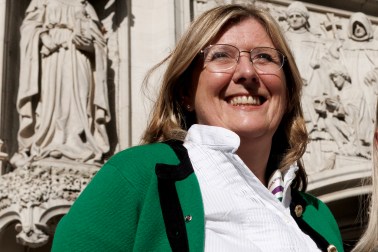Should we pay more attention to our dreams? Are they signs from our subconscious, guiding and pointing us in certain directions? Perhaps that would explain why we often feel the need to describe them to others: to help make sense of them. Since being pregnant my dreams have got wilder. They are vivid and often haunting. I was told that you can’t dream about a face you’ve never seen, but strangers regularly pitch up in mine.
Some people say it’s boring when others talk about their dreams. I disagree. I think it’s fascinating to hear where minds go at night; our parallel lives. Whether they cover frightening or familiar territory, dreams are stories. They have been known to influence surrealists and famously inspired books such as Mary Shelley’s Frankenstein and William Styron’s Sophie’s Choice. Both ideas came from the authors’ dreams.
I was told that you can’t dream about a face that you’ve never seen, but strangers regularly pitch up in mine
The psychiatrist Carl Jung believed that dreams are messages, communicating information which our conscious minds might have missed. Perhaps we can understand ourselves better by analysing our dreams, although I’ve yet to figure out how to pick mine apart. I met someone who said he’s able to control his dreams, turning nightmares into something more peaceful. This is not a skill I possess.
I recently watched the new Netflix series The Sandman. I’ve never been a fan of epic fantasies on TV; I prefer to read them. However, this adaptation of Neil Gaiman’s hugely popular comic series is bold and brilliant. It follows Morpheus – the Lord of Dreams – who after years of imprisonment embarks on a journey across worlds to find what was stolen from him and restore his power.
In one episode, David Thewlis plays John Dee, a mentally disturbed man who wants to live in a world where honesty is the only rule. He walks into a diner with a ‘dream ruby’ that can control others. For the next 24 hours he uses its power to prevent the customers and staff from lying. His experiment results in destruction and violence by revealing secrets that were best kept hidden. It explores how the truth can often be cruel and damaging, leaving you wondering what humanity is capable of if social masks fall.
Civilisation depends on society knowing when to be truthful and when not to be. And yet we criticise the liars and reprimand the truth-tellers. Can we ever win? Much of the time we feel we are being deceived, whether by politicians, the media or friends who tell white lies because they want to be kind. We often lie to ourselves because the truth can be uncomfortable. We cover our anger and hurt with a smile, wear make-up to hide our tired eyes and when someone asks how we are, we answer ‘Good thanks’ when we feel dreadful. It has been said that a diplomat is an honest man who is sent abroad to lie for the good of his country. How do we deal with this paradox?
Perhaps this is where we’re transported to when we fall asleep: a more truthful and unfiltered world where we become aware of our repressed thoughts; a place where we can explore our deepest aspirations and our greatest fears. Can we handle the truth? Unfortunately not all of our life’s wishes can become reality. I sometimes watch my dog dreaming, imagining she is chasing squirrels. Her goal in life is to catch one, but the unfortunate reality is her stumpy legs won’t ever get her close. But she can keep dreaming.







Comments